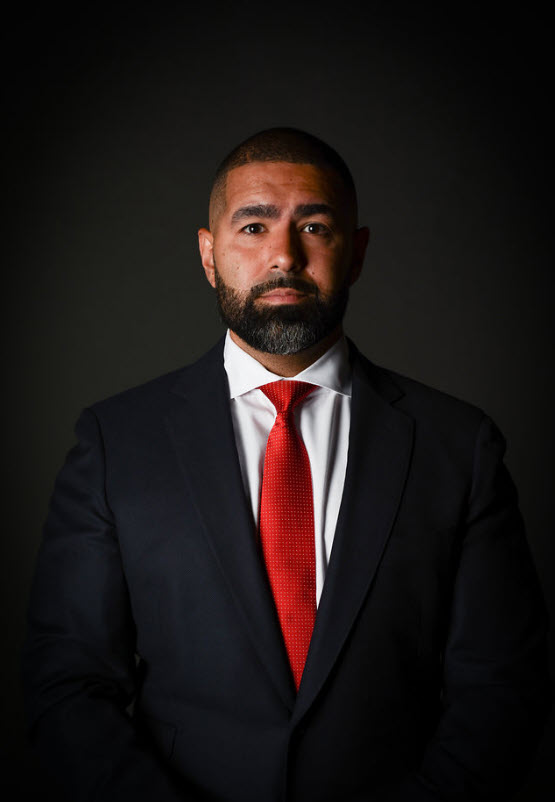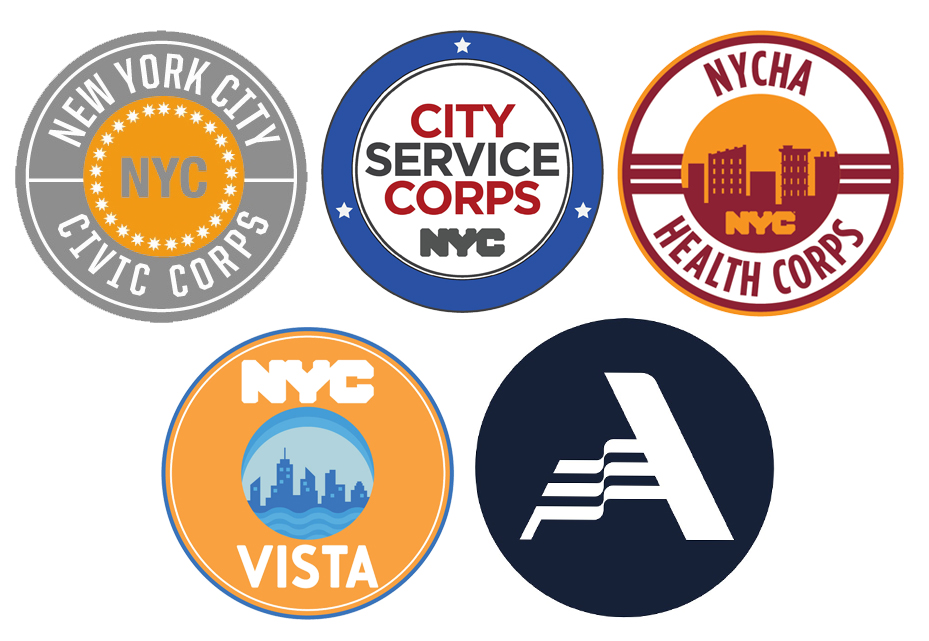By Gerry Martini
Special to Campus News
1. Not writing a statement of purpose that gives the admissions committee the information they need
Your statement of purpose (also known as an applicant statement) is your opportunity to show a graduate program’s admissions committee why you are a good fit for their school and program. The statement is usually only a couple of pages long, so make sure you are using that space to really highlight what you want to study within the program—being as specific as possible—and why you feel like that program is the best place for you to pursue this study. This means citing areas of research within the field that you want to specialize in and connecting that to the faculty and other resources at the school. Just saying “I love to learn and have been interested in this area for a long time” is not going to give the admissions committee the information they need; they assume that you have been interested in this for a while, otherwise you would not be applying to graduate school in this area. It also means you should not turn in the same statement for each program that you apply to, as it is vital that you connect what you want to study to the unique qualities and faculty at each place you apply to.

2. Losing contact with undergraduate professors
When you apply for graduate school, in most cases, you will be best served by getting letters of recommendation from professors who have had you as a student; they can speak to what you are like in the classroom and the quality of your academic work. As you start taking classes in your major, especially more advanced classes, make sure you stay in touch with faculty whose classes you might have done well in—these are the folks that you will want to be asking for letters of recommendation from. Maintaining communication with them even after you have completed their course ensures that they will be able to write a better, more personalized letter because they will be aware of your research interests and career goals.
Your professors are experts in their fields, so you also may want to ask them for advice about what schools they think are a good match for your interests. This assistance can be especially helpful as you narrow down where you choose to apply.
3. Thinking it will be easy to pivot to a new area of study
It is not always the case that your undergraduate studies match up exactly with your graduate school program. For example, if your major was history and you studied a lot of American political history, a political science master’s program may find you to be a good candidate. However, if you studied history and want to now apply for a chemistry graduate degree, perhaps you are being unrealistic. If you are trying to drastically switch fields, you will want to contact the program and/or admissions department at the school you are interested in and ask about your suitability based on your educational background. You may need to take some undergraduate classes in your new area of interest before being a good candidate for graduate school.
4. Not starting early enough
By far the most common mistake is not starting your graduate school application process early enough. You will need plenty of time to research programs in your field, so that you can narrow down the programs that are a best fit for you and your interests. If you need to take the GRE (the graduate school version of the SATs) or any other standardized test, you will need months to study for it—plus you will need to take the exams at least a few weeks before any application deadline, so that your scores have enough time to be delivered to the places you are applying to. You will need time to have transcripts delivered, time to write and carefully edit an applicant statement, and time to talk to those who will be writing your letters of recommendation.
Do not leave yourself trying to pull everything together right before deadlines. If you are running out of time, rather than rushing an application, you may decide it is better to wait and apply for the next semester available. Putting your best foot forward is important if you want to be admitted, especially if there are funding opportunities.
5. Forgetting to ask for help
Graduate school applications are not the same as undergraduate ones. Most people will not have any previous experience with this process, so do not be afraid to ask for help. Reach out to admissions offices at the schools you want to apply to if you cannot find or do not understand requirements. Contact the program if you have questions about the curriculum or research focuses. Attend open houses or info sessions to learn more. If you have something you want to ask a particular professor, go for it. We want to help you make the best decision on where to apply and to help you be as successful as possible when you do apply.
 Gerry Martini is Associate Director of Admissions, CUNY Graduate Center.
Gerry Martini is Associate Director of Admissions, CUNY Graduate Center.








Facebook Comments